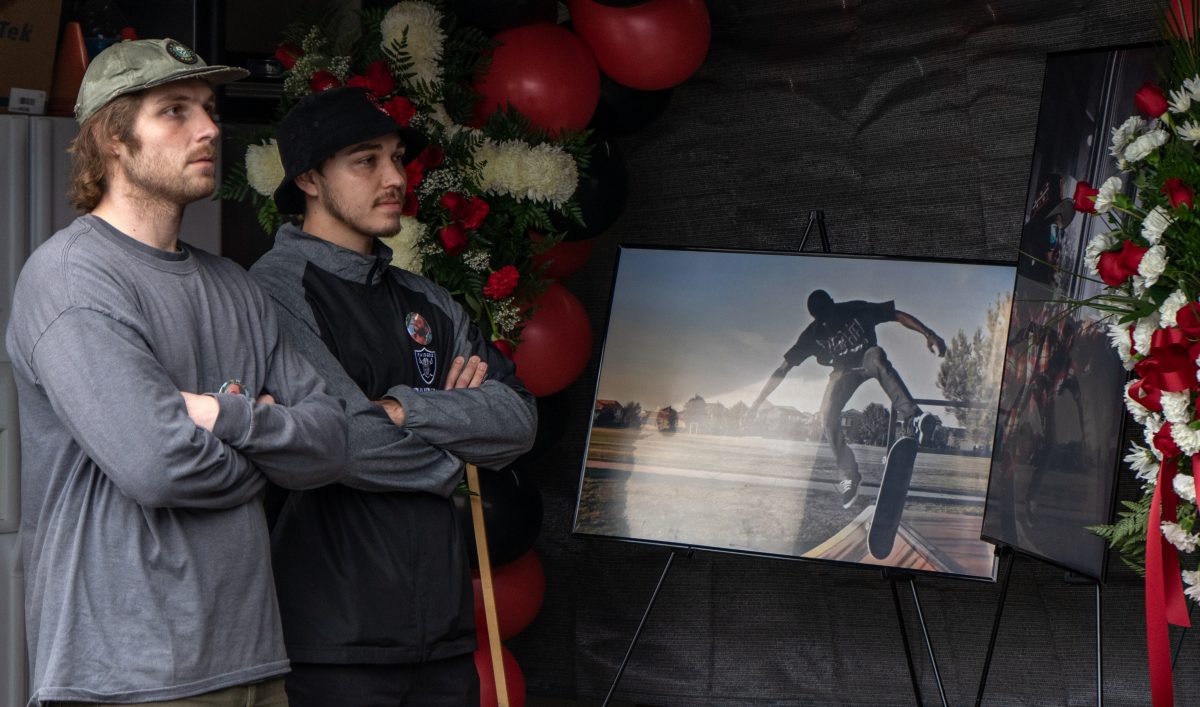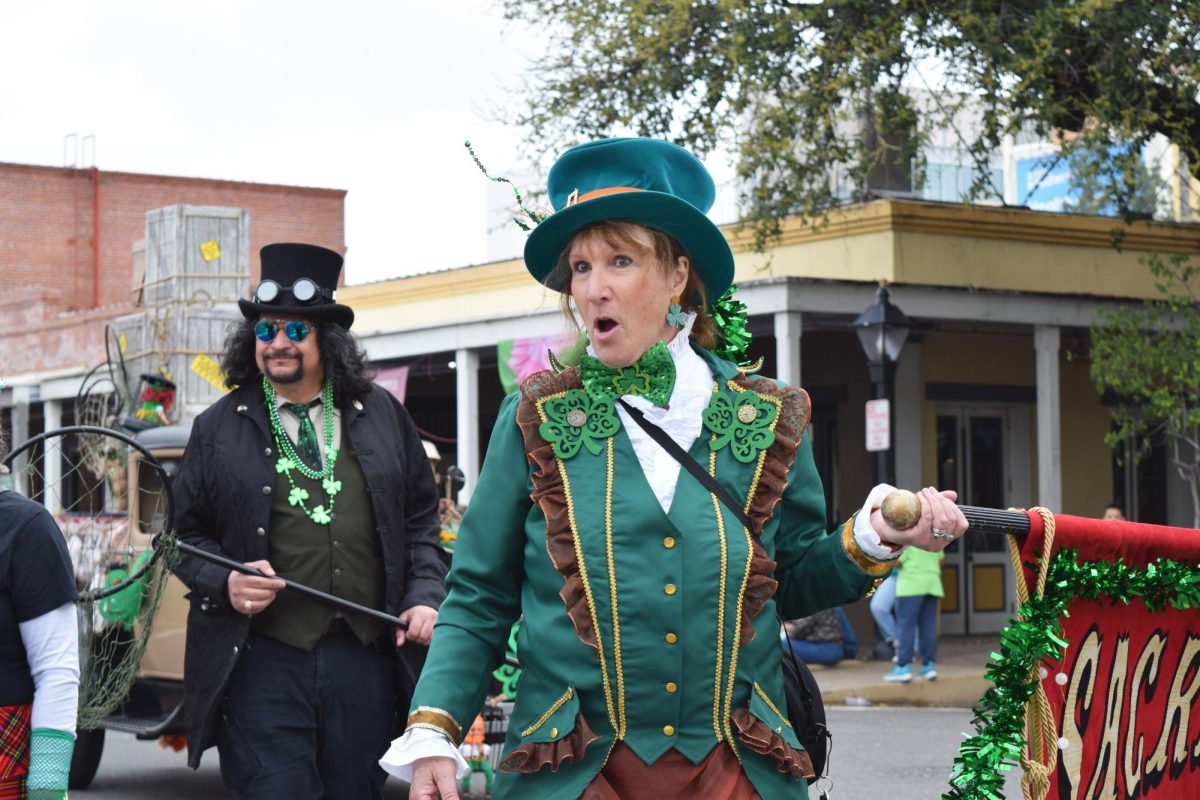Chelsea Knowlton
Staff Writer
cknowlton.express@gmail.com
Marijuana, weed, Mary Jane, grass, dope, pot, Puff the Magic Dragon. Wake and bakers, occasional tokers and even those that have never touched the devil’s lettuce can’t ignore the political debate around legalizing recreational cannabis.
Opinions over the new Adult Use of Marijuana Act, which went into effect on Jan. 1 of this year, are mixed on the Sacramento City College campus.
Though medical cannabis has been legal in California since 1996, it would be another 20 years until recreational use was granted the same status. Recreational use of the drug became legal the day after the November 2016 election, but recreational retail licenses weren’t available until Jan. 1 of this year.
According to CityOfSacramento.org, recreational cannabis users must be 21 years old to legally possess recreational cannabis, it can’t be smoked in public and users are limited to owning no more than 1 ounce.
Though California is known as a mostly liberal state, not all of its residents identify the same way. Some SCC students have expressed their concern over the new regulations.
“People that are sick, that need medicine, then OK, I agree with that,” says 19-year-old Sacramento City College student Karolina Castilla, who doesn’t use cannabis herself. “But people that are addicted to it, I don’t agree with that. They’re going to kill themselves.”
Though cannabis doesn’t have the chemical capability to be addictive in the same way that drugs like heroin and cocaine do, it does have the capacity to be emotionally addicting for people who use it as a coping mechanism, according to SCC Health Services’ nurse Wendy Gomez. Her concern is that the drug is going to become too normalized.
“I think the law took away any stigma that may have prevented someone from using a gateway drug,” says Gomez. “Now that it’s legal, I think there’s going to be more people trying it than would have before.”
However, as a countermeasure to that, it is written in the Adult Use of Marijuana Act itself that revenue generated from legal recreational sales will be partially used to fund public health programs that educate youth to prevent and treat substance abuse.
Another common concern is the lack of regulation surrounding cannabis and DUIs. According to the city of Sacramento’s Office of Cannabis Policy and Enforcement, the California Legislature is still in discussion about what the cannabis induced equivalent to a .08 blood alcohol content is.
City College student Jessica Tellez, 19, another non user, expressed her concern over this.
“People that just want to use it just for fun, that could be dangerous because they could be driving,” says Tellez. “They could kill themselves or someone else.”
However, not all reactions to the new law are negative. Other students, like 25-year-old Sam Gibbons, is a current user in both the recreational and medicinal camps. He claims that cannabis isn’t nearly as physically harmful as alcohol but is just as fun with actual health benefits.
“Recreationally, yeah it’s fun just like liquor, but at the same time there’s actual medical value,” says Gibbons. “With mental problems I’ve had in the past, it definitely helps deal with the symptoms if used properly.”
Gibbons isn’t the only Sac City student to use the drug to help ease mental health problems. Enrique Correa, 21, doesn’t smoke much anymore, but says medicinal cannabis was a big help to him when he needed it.
“I used to be a smoker back when I voted for it. Now I’m not really at all but I’d still vote for it,” says Correa. “It helped me out a lot when I had some mental health problems.”
And yet some students say the new law is just the beginning of an entirely new direction drug enforcement laws should be going in. Nineteen-year-old Max Wren says he’d like to see this law go a step further.
“I’m for the legalization of all drugs,” says Wren. “In my opinion, I think that by legalizing all drugs that it would put the drug cartels out of business, and it would stop a lot of bloodshed. It would lower a lot of crime because people would be buying their drugs legally.”
































